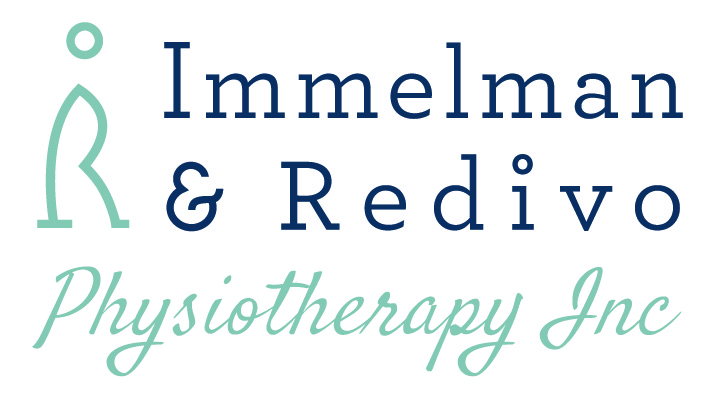FREQUENTLY ASKED QUESTIONS
Can I make appointments via email?
Yes, you can. The most effective way to make an appointment remains telephonically, using this number: 081 851 2585. Should you prefer to set up appointments via email, please bear in mind that the confirmation of appointments may take time.
Do you need a referral to see a physiotherapist?
No, you do not need a referral to see a physiotherapist. Physiotherapists are considered first line practitioners, and will be able to refer you to other medical and allied health professionals where it is appropriate.
Are we contracted in with the medical aids?
We charge medical aid rates.
In-Hospital:
Private accounts must be settled within a week from the end of hospital stay.
Medical aid accounts, you will need to speak to your medical aid, and work together with our administration staff, in order to get authorization and payment for services rendered.
Out-Patients-Department (OPD):
All OPD accounts must be paid by the patient directly after each session. A statement will be emailed to you in order for you to claim back from your insurance.
Please speak to our administration staff if you require more details.
Do you need to bring anything with you?
Please bring your x-rays/scans/other investigations and the referral letter (if applicable).
Remember that the painful limb/part of your body will need to be exposed – pants or a short-sleeved top works well. You are welcome to bring your own towel and exercise shorts for strenuous exercises sessions or if you so prefer.
How long does a treatment take?
A thorough assessment of your problem will normally require an initial consultation of 60 minutes. If you want to have multiple areas assessed or are experiencing a complex problem, please inform our reception staff when booking.
A follow-up consultation will take approximately 45 minutes. If you are a new patient, please arrive 10 minutes prior to the scheduled start of your appointment, to allow time to fill in our new patient information form.
What can I expect to feel after treatment?
Following treatment, symptoms are usually relieved and patients feel an improvement. However, it is completely normal to experience post-treatment soreness. This could happen if the therapist stimulated areas or structures that are causing the pain. Don’t be alarmed if you have pain following treatment. Follow the physiotherapist’s advice, make a note of the pain, this will help grade the intervention during the next appointment. It is best to inform your physiotherapist if this has happened.
What is Cranio Sacral Therapy?
It is a light touch, whole body work therapy that helps alleviate pain and dysfunction. We have been trained according to the Upledger approach. Please follow the links for more details: http://www.upledger.com/content.asp?id=61 or http://craniofascial.com/what-is-craniofascial-therapy/
What is Dry Needling?
The dry needling method uses needles to treat a specific soft tissue dysfunction, but it is not acupuncture. The efforts are valuable for increasing blood flow, but also stimulating the body’s own pain inhibiting systems. There are many benefits to dry needling, but this is also just another treatment method, and other options are available if you are uncomfortable with this option. Talk to your physiotherapist about other options.
What is my role in treatment and recovery?
We use a goal-focused approach to treatment. Together, you and your physiotherapist will determine goals for treatment. The physiotherapist will fully inform you about your condition and the key things that you need to do, to aid your recovery and prevent further injury. You can help by working with the physiotherapist and following the advice and recommendations to achieve the best results! If at any time, you feel uncertain, feel free to ask the physiotherapist.
What is the difference between Physiotherapists, Massage Therapists and Biokineticists?
Physiotherapists are trained to treat pain and pathology. The treatment is based on assessment and a complex evaluation. Massage is one of the treatment techniques used by physiotherapists. Other techniques may also be used to treat the soft tissue, joint and/or the nerve. The interaction between the three, as well as the control of movement will be addressed. At times anti-inflammatory treatment is needed and this includes ultrasound, laser or electrotherapy. Exercise and education are always used in treatment. Our physiotherapists use a variety of techniques specific to the patient. Once pain and pathology have been resolved, one could be referred to a biokineticist to do final rehabilitation.
